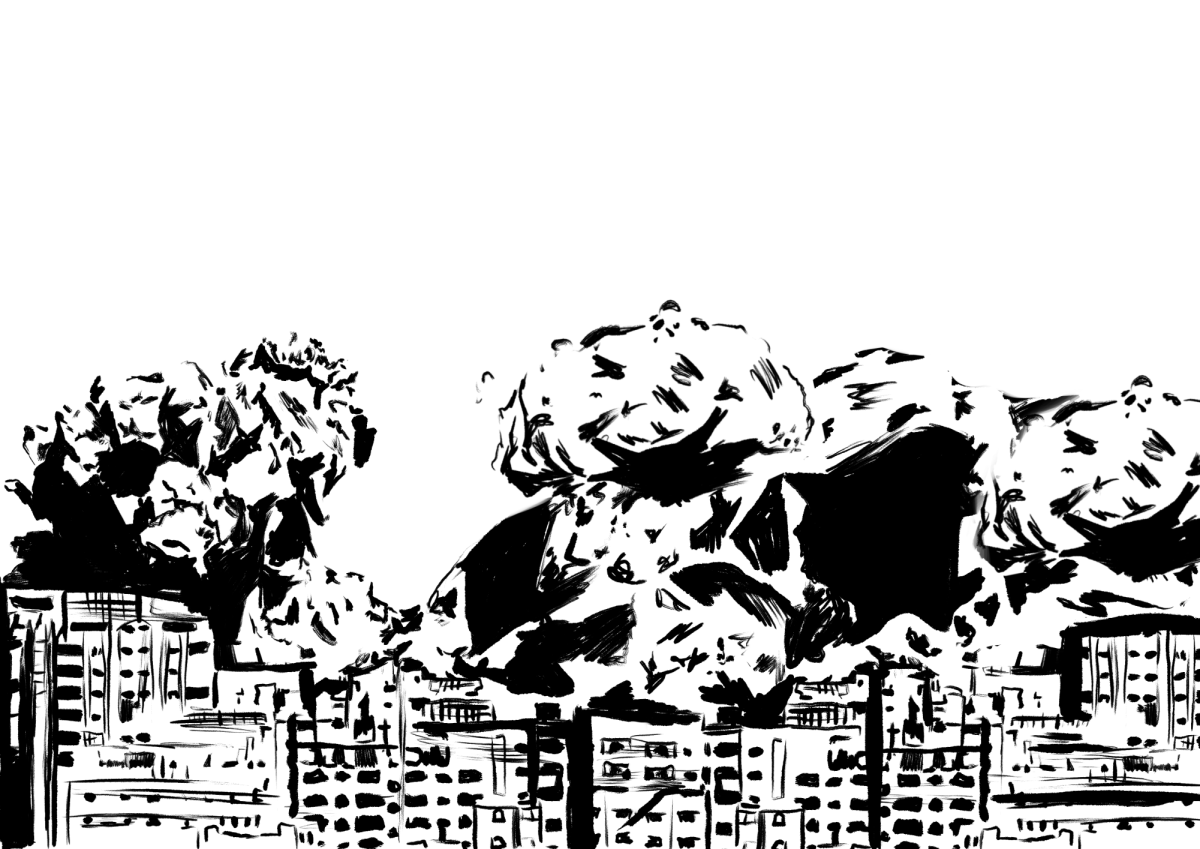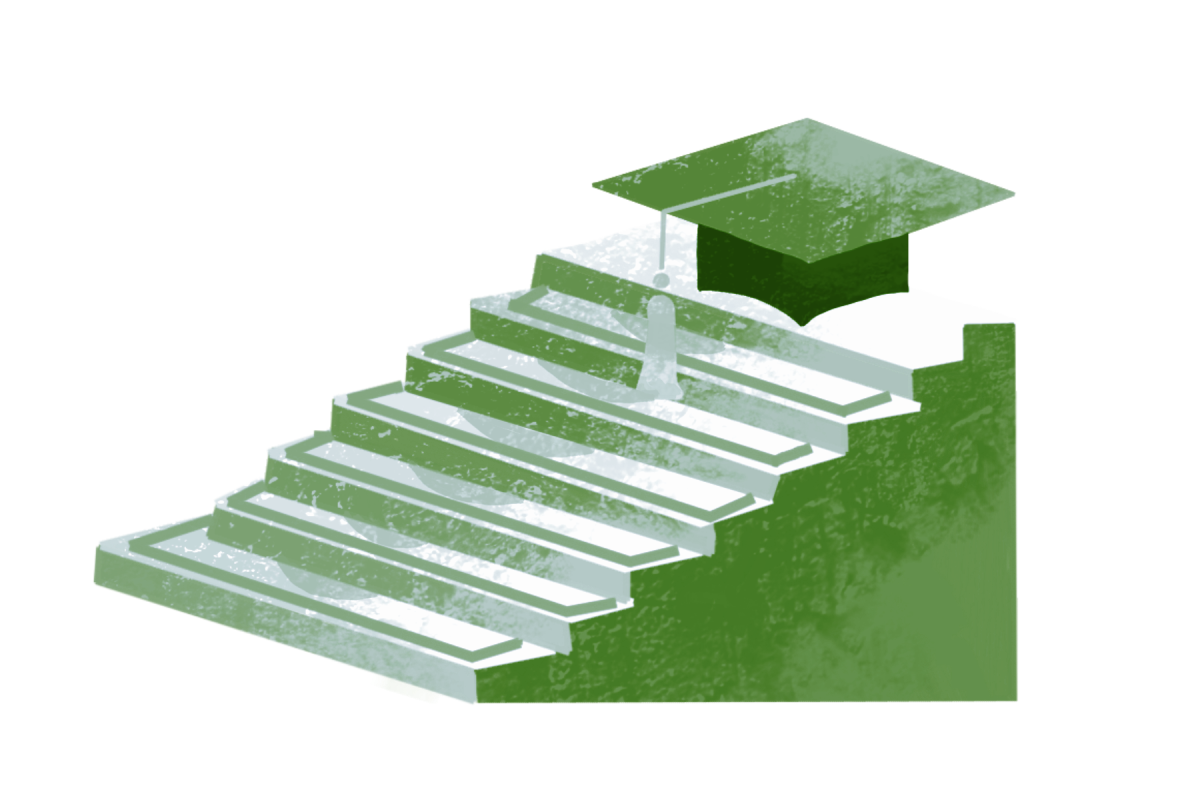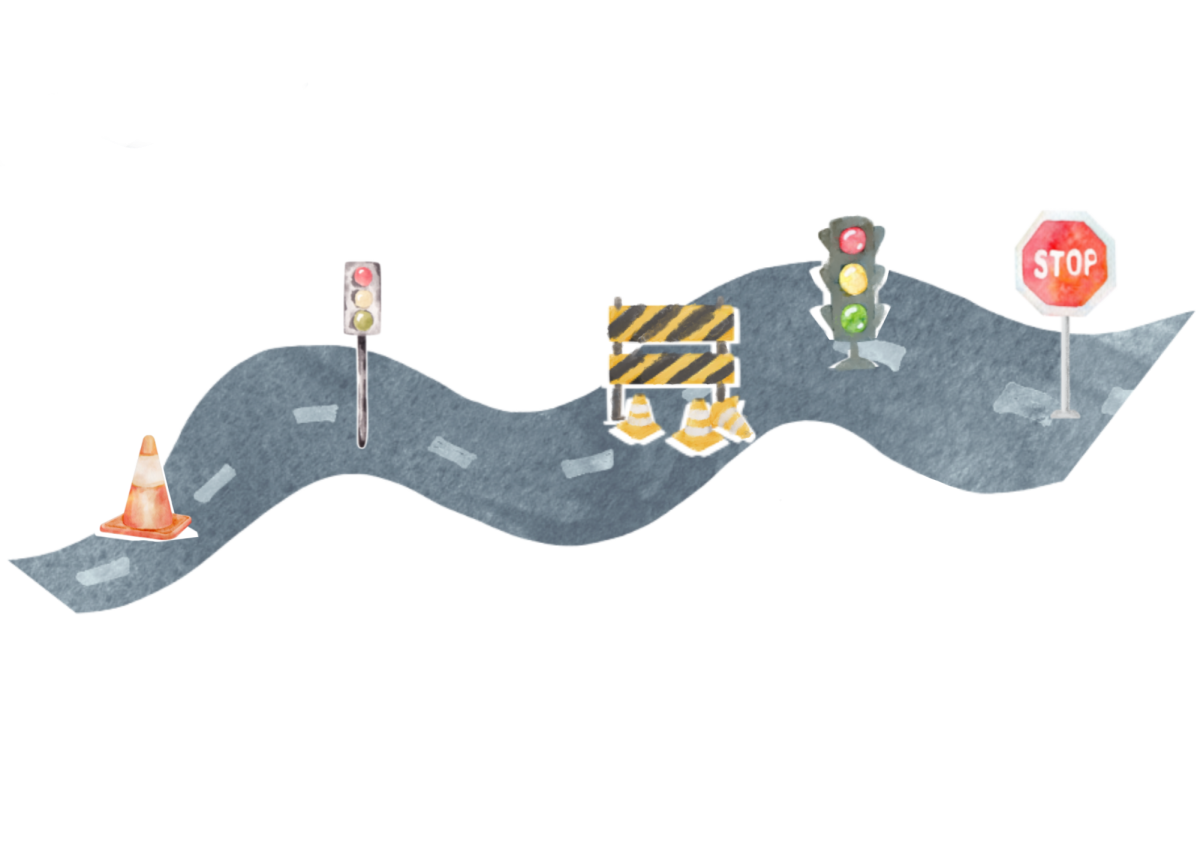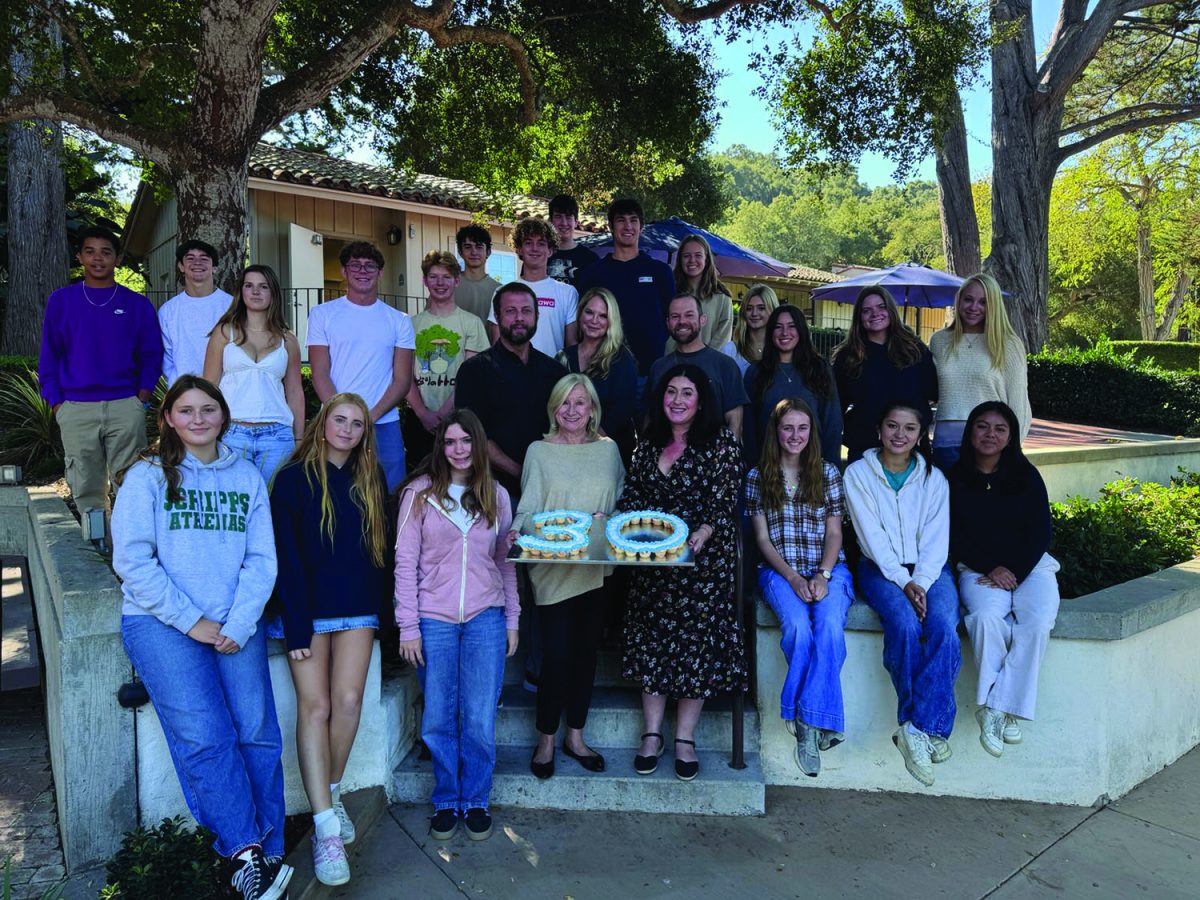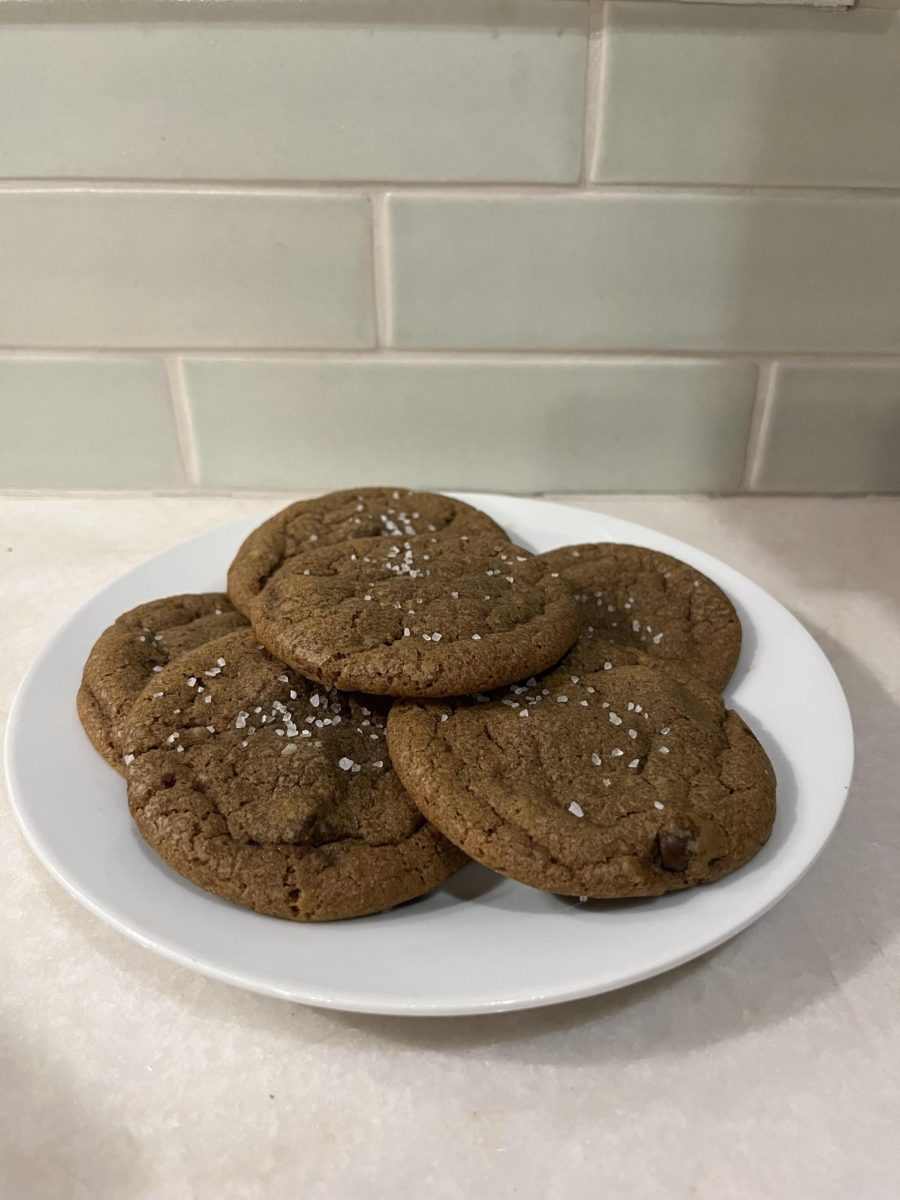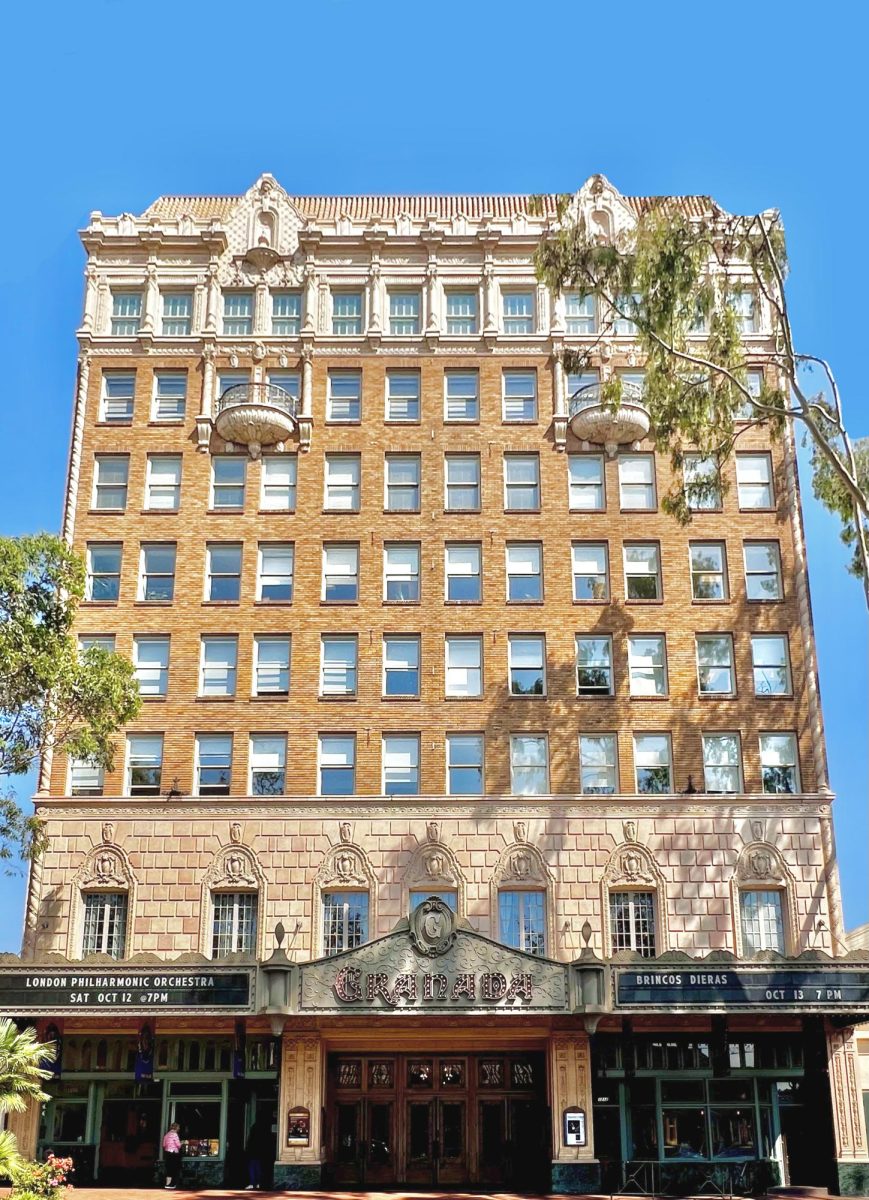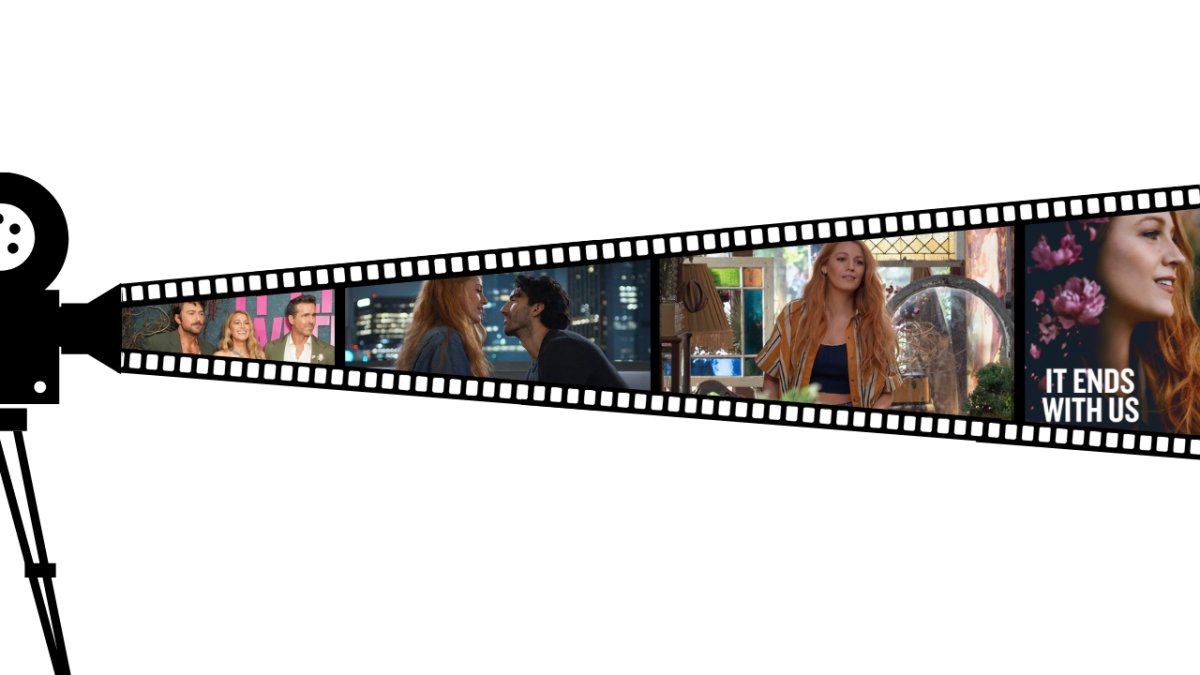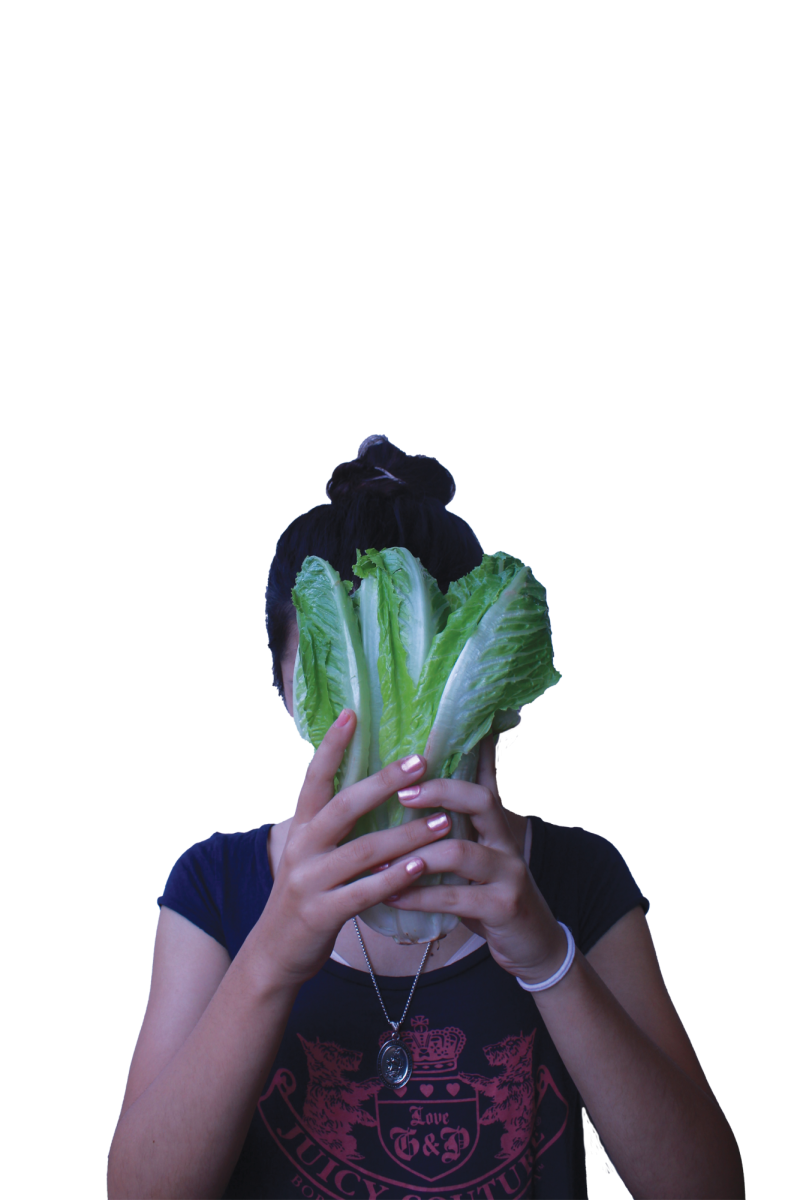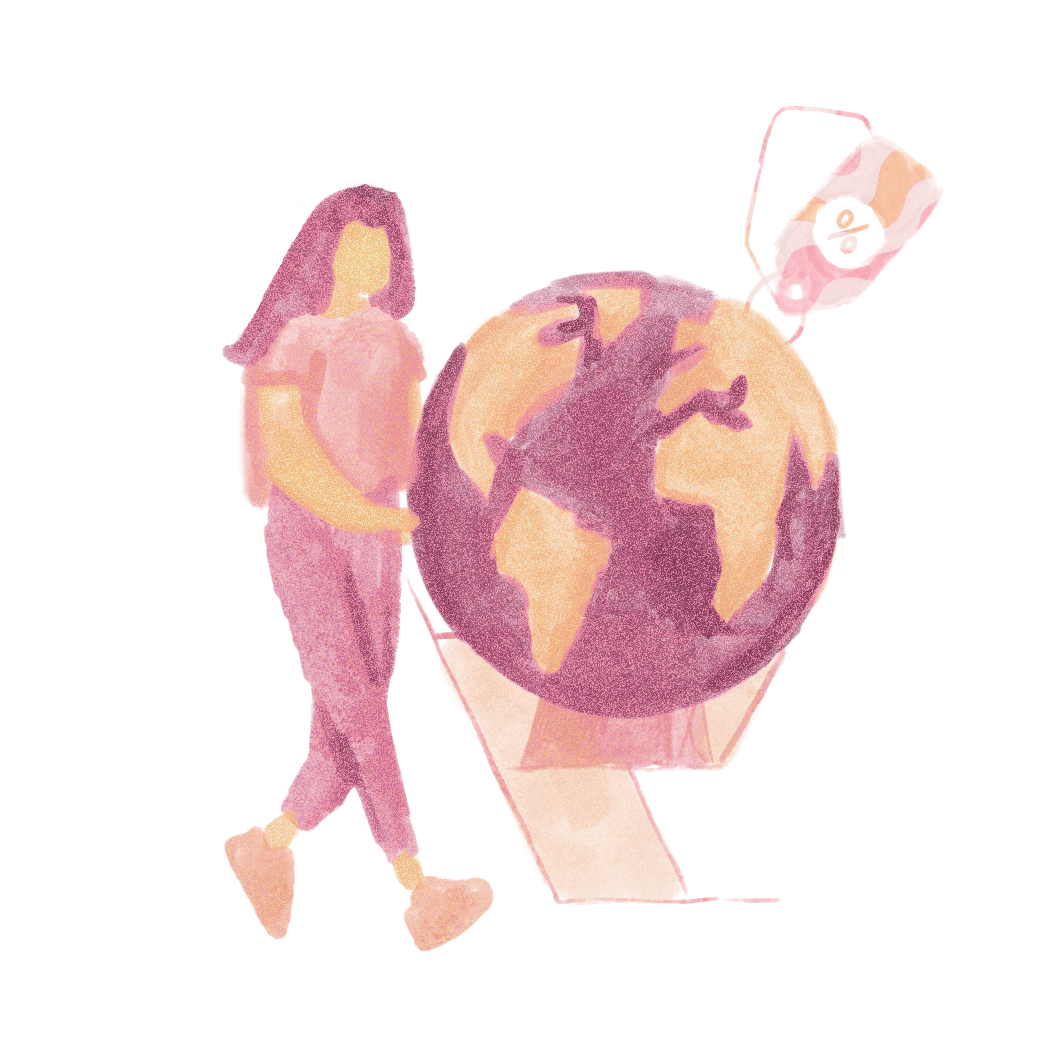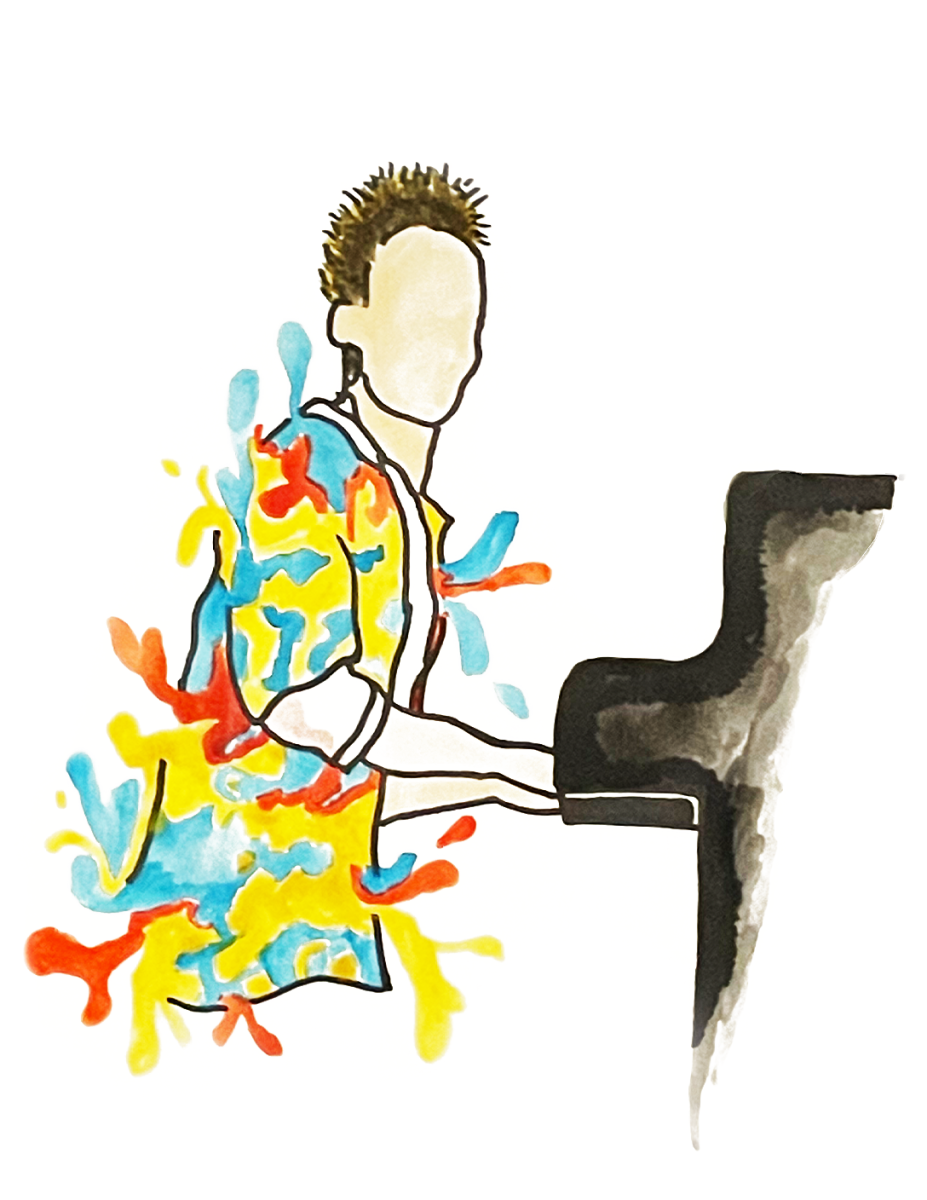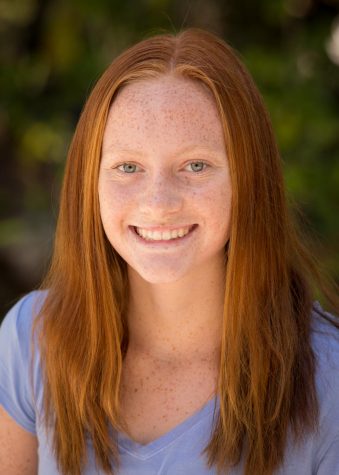Plotting Against Pollution
November 7, 2018
The word habitat is defined as “the natural home or environment of an animal.” The Pacific Ocean is precisely that for millions of marine species, and we are destroying it. Human’s increasing use of plastic products ends up acting like food to the sea turtles off of our beaches. The fishing nets, fishing lures, and fishing rods that are accidentally dropped into the water end up entangling sea lions and seals. Even fish have microscopic particles of plastic entering their system through their gills.
According to Ocean Crusaders, in our oceans today there are “5.25 trillion pieces of plastic debris in the ocean”. Pesticides, fertilizers, detergent, oil sewage, plastics, and many other materials are carried to our oceans every day all from those who choose to neglect to throw away trash and to recycle.
Along with decreasing the origin of the problem, everyone can make a difference by helping their communities. Laguna Blanca faculty, staff, students and families (joined by dozens of other local community members) did just that when they participated in the annual Coastal Clean Up on September 15, which took place at Miramar Beach in Montecito. This marked the ninth year of Laguna Blanca’s participation in this important event.
Lower school’s science teacher, Clara Svedlund, leads this empowering event each year. With her strong organizational skills, a background in Marine Science and a passion for conservation of the environment, she creates an entry booth full of both information and enthusiasm. Along with Svedlund, other faculty and staff volunteered such as Alison Armstrong, Elyse Vanetti, and former art teacher Melissa Abrams. Armstrong, who formerly worked at the Monterey Bay Aquarium said, “Many hours in my life were talking with guests about the great pacific garbage patch, and all these statistics on Ocean Acidification. When you are a part of something for so long, you really start to believe in it. When I came to Laguna it was something where when they said Coastal Cleanup I really believe[d] in that and want[ed] to keep [it] a part of me.
“If the oceans are gone, we’re gone. The ocean produces more oxygen for us than even trees, because of all the phytoplankton,” explains Armstrong.
With such a crucial subject that is continuing to occur throughout many generations, we need effective ways for students to learn to respect our environment. Armstrong said that Laguna’s leading their beach clean up event “shows that we are invested in our local community. It’s easy to say something in a classroom, but by having a beach, Laguna Blanca is showing up for Santa Barbara.”
By the end of the day, the total of the 75 local participants picked up 149 pounds of trash and 12 pounds of recycling in just this small portion of our Golden Coast. By cleaning up our own portions of the ocean, along with the land we live on, we can improve the habitats for humans and animals on this planet.


